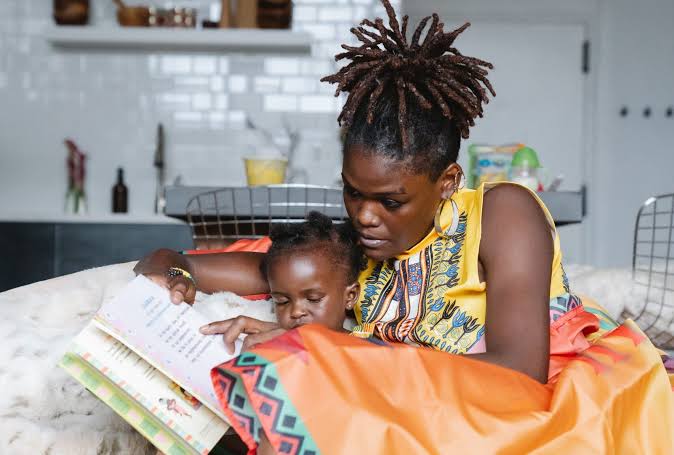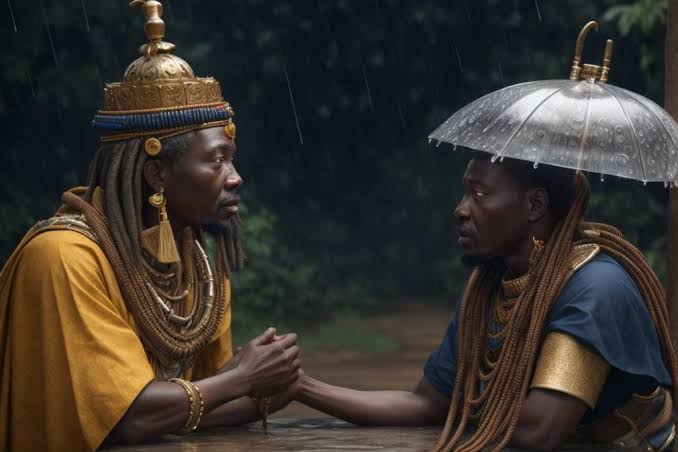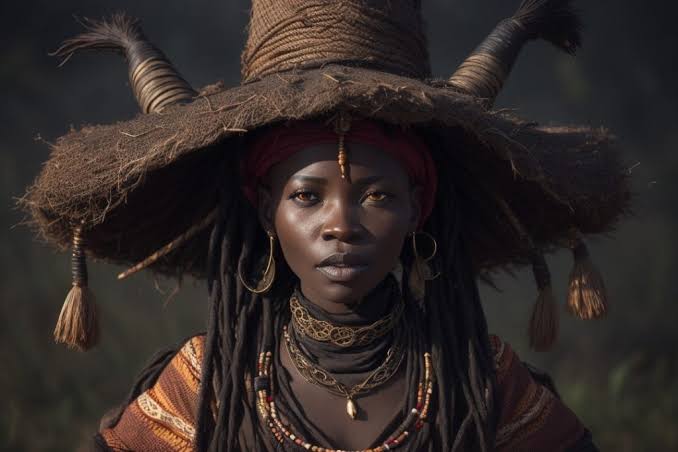African storytelling, an ancient and profound tradition, serves as a rich repository of history, wisdom, and cultural values. For African Americans, exploring these narratives can offer deep insights into their heritage and foster a stronger sense of identity. This thought-provoking topic not only highlights the timeless relevance of African storytelling but also its potential to bridge cultural gaps and enrich the African American experience.
The Art of African Storytelling
African storytelling is a dynamic oral tradition that has been passed down through generations. It encompasses folktales, myths, proverbs, and epic narratives, each serving a unique purpose in preserving the community’s collective memory. These stories are more than just entertainment; they are educational tools, moral compasses, and means of preserving history.

Key Elements of African Storytelling
1. Griots: The Keepers of Oral Tradition
Griots, or traditional storytellers, are central to African storytelling. They are historians, genealogists, and musicians who preserve and transmit the cultural heritage of their people. Griots are highly respected in their communities for their knowledge and skill.
2. Interactive Narration
African storytelling is highly interactive, often involving music, dance, and audience participation. This communal aspect makes the storytelling session a shared experience, reinforcing social bonds and cultural continuity.
3. Moral Lessons and Wisdom
African stories are rich in moral lessons and wisdom. Through allegory and metaphor, these tales impart essential values such as honesty, bravery, and respect for nature. They often feature animals with human traits to convey deeper truths about the human condition.

The Relevance to African Americans
For African Americans, reconnecting with African storytelling traditions can provide a profound sense of cultural continuity and belonging. Here’s how:
1. Cultural Identity and Pride
Understanding and embracing African storytelling can instill a sense of pride and identity in African Americans. It offers a direct link to their ancestral roots and highlights the resilience and creativity of African cultures.
Also, read; Illinois Woman Files $20 Million Lawsuit After 4-Year Legal Battle Over Allegedly Stolen AirPods
2. Educational and Moral Framework
These stories provide a valuable educational framework, offering lessons in ethics, history, and social values. They can be a powerful tool for teaching younger generations about their heritage and the principles that have guided their ancestors.

3. Fostering Community and Connection
The communal nature of African storytelling can help foster a sense of community among African Americans. Storytelling events, whether in person or virtual, can serve as a means to bring people together, share experiences, and strengthen communal bonds.
Exploring African Storytelling Today
In today’s digital age, the preservation and dissemination of African storytelling have taken on new forms. Here are some ways to explore and engage with these rich traditions:
1. Books and Literature
There are numerous books and anthologies that compile traditional African stories. Reading these can provide a deep understanding of the diverse narratives across the continent.
2. Documentaries and Films
Several documentaries and films delve into the lives of griots and the storytelling traditions of Africa. These visual mediums can be a compelling way to experience the art of African storytelling.
3. Online Platforms and Workshops
Many online platforms and organizations offer storytelling workshops and events. Participating in these can provide an interactive way to learn about and engage with African storytelling traditions.
4. Community Events and Festivals
Attending African cultural festivals and community storytelling events can offer firsthand experience of the vibrancy and communal spirit of African storytelling.
Conclusion
The rich legacy of African storytelling offers a treasure trove of cultural wisdom and historical insight. For African Americans, engaging with these narratives can enhance their understanding of their heritage and strengthen their cultural identity. By exploring and celebrating African storytelling, we can bridge cultural divides, foster community, and preserve the timeless traditions that continue to inspire and educate across generations.

